Testimony of the John Howard Association to the Senate Criminal Law Committee of the 101st Illinois General Assembly, Criminal Justice Reform Subject Matter Hearing, October 13, 2020
John Howard Association (JHA): JHA is the only independent citizen correctional oversight organization that goes into Illinois’ prisons to directly observe conditions and speak with staff, administrators and prisoners. I, Phillip Whittington, a criminologist and subject matter expert on corrections employed by JHA come before you today to discuss two subjects, prison conditions and Mandatory Supervised Release.
Read More